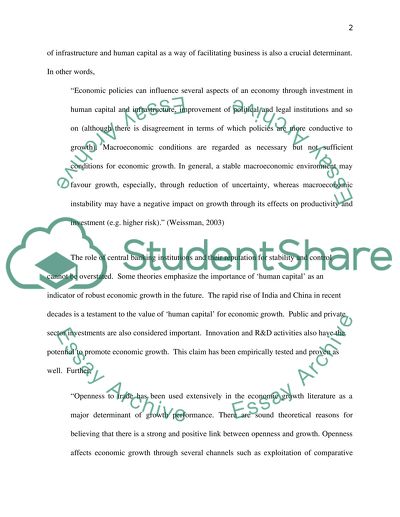Cite this document
(“Economic Growth in the UK Essay Example | Topics and Well Written Essays - 1000 words”, n.d.)
Retrieved from https://studentshare.org/macro-microeconomics/1564147-economic-growth-in-the-uk
Retrieved from https://studentshare.org/macro-microeconomics/1564147-economic-growth-in-the-uk
(Economic Growth in the UK Essay Example | Topics and Well Written Essays - 1000 Words)
https://studentshare.org/macro-microeconomics/1564147-economic-growth-in-the-uk.
https://studentshare.org/macro-microeconomics/1564147-economic-growth-in-the-uk.
“Economic Growth in the UK Essay Example | Topics and Well Written Essays - 1000 Words”, n.d. https://studentshare.org/macro-microeconomics/1564147-economic-growth-in-the-uk.


